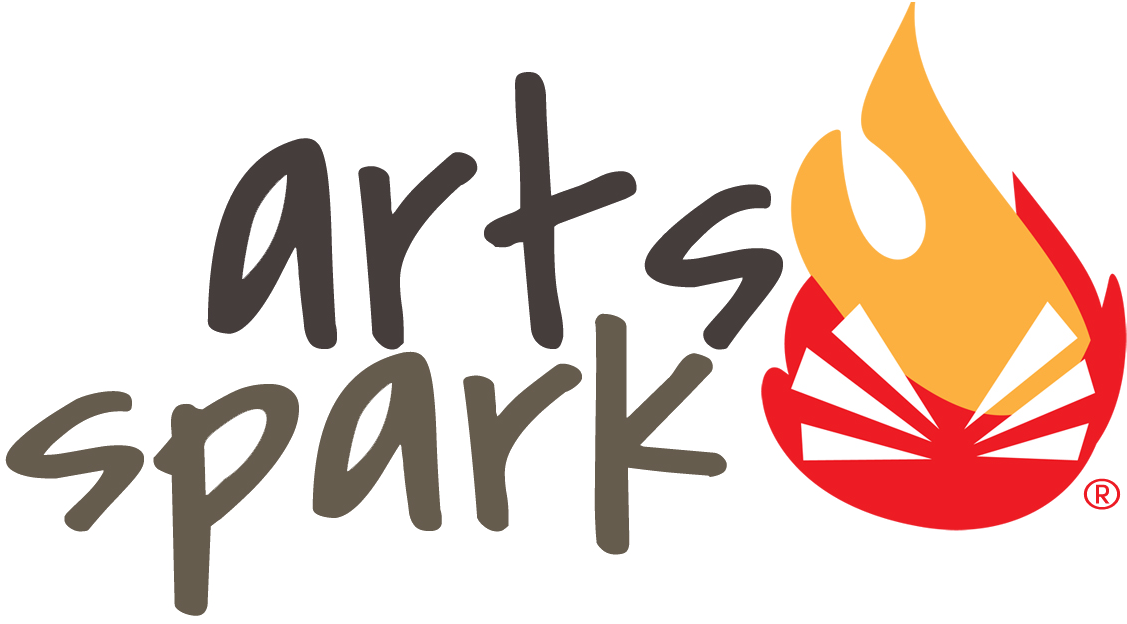Tax Preparation For Artists
Taxes, everybody’s favorite subject. As an artist, you often have multiple sources of income, which makes tax preparation that much more challenging. Here are some tips to help you reach April 15th without pulling out your hair.
Plan
Like anything you should start ahead of time and complete things a bit at a time. It is important that you develop a comprehensive timeline so you can have everything planned, organized, and completed before the tax deadline.
Understand Your Deductibles
Everything from travel expense to materials that are involved in your creation are considered deductibles. That means that your art supplies, studio space, gallery fees, and anything like that could be documented. As a self employed artist you may deduct any expense that directly relates to the art creation or activity. This means that you should keep your business transactions in a separate bank account in order to track your expenditures.
Prove Your Art is a Business and Not a Hobby
The IRS will determine your status as a business or a hobby by asking the following questions:
- Does the time and effort put into the activity indicate an intention to make a profit?
- Do you depend on income from the activity?
- If there are losses, are they due to circumstances beyond your control or did they occur in the start-up phase of the business?
- Have you changed methods of operation to improve profitability?
- Do you or your advisers have the knowledge needed to carry on the activity as a successful business?
- Have you made a profit in similar activities in the past?
- Does the activity make a profit in some years?
- Can you expect to make a profit in the future from the appreciation of assets used in the activity?
These questions should give them a solid idea about your ability to make a profit and whether they should considered your practice a business. If you do not generate any income your practice will be considered a hobby, and you cannot claim any deductions. Basically you art must be your professional vocation to claim your deductibles.
Document Everything
Like the above section states you will have to prove to the government that you have made a genuine effort to earn a profit, and that you were successful in your business 60% of the time. So it is important to keep meticulous business-related records, and conduct yourself in a business-like manner. Keep detailed track of all of your income items as well as your expense items. This documentation should include the date, the amount, the buyer, the reason for income/expense, and an identification number such as a check number, invoice, or tracking number. The identification number will be the indication of a payment. Having all of these things documented will help the IRS when deciding if you are a business and will also help you when trying to file your taxes properly. The following link has list of what items you should be keeping track of as well as more important information regarding taxes:: http://www.gyst-ink.com/taxes/
Conclusion
In order to do your taxes successfully it is important to keep detailed and complete documentation of all income items and expense items that your business incurs. Don’t be afraid to get help from another artist or even hire an accountant or attorney. If you wish to know more about hiring an accountant or attorney check out these articles: Hiring an Accountant: What To Look For. Hiring an Attorney: What To Look For.
Sources:
http://current.nyfa.org/post/113513337353/tax-time-roundup
http://current.nyfa.org/post/140037058628/are-you-ready-for-tax-season
http://current.nyfa.org/post/113513337353/tax-time-roundup
http://www.nolo.com/legal-encyclopedia/tax-deductions-artists.html

0 Comments